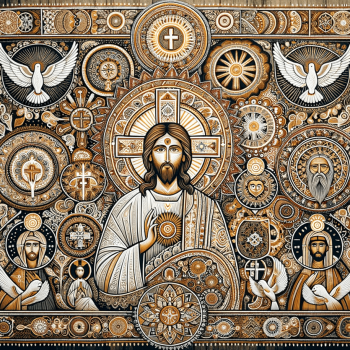Once again, political violence has people at odds. Here’s how you can lower the temperature in conversation by speaking the truth in love. Over the past several years, political violence has increased. Reasonable people on both sides decry the use of physical violence. Yet did you ever stop to consider the spiritual and psychological violence we commit in the name of our truth? As Christians, we can’t avoid addressing the hard topics that center on justice, morality, and public life.... Read more

















